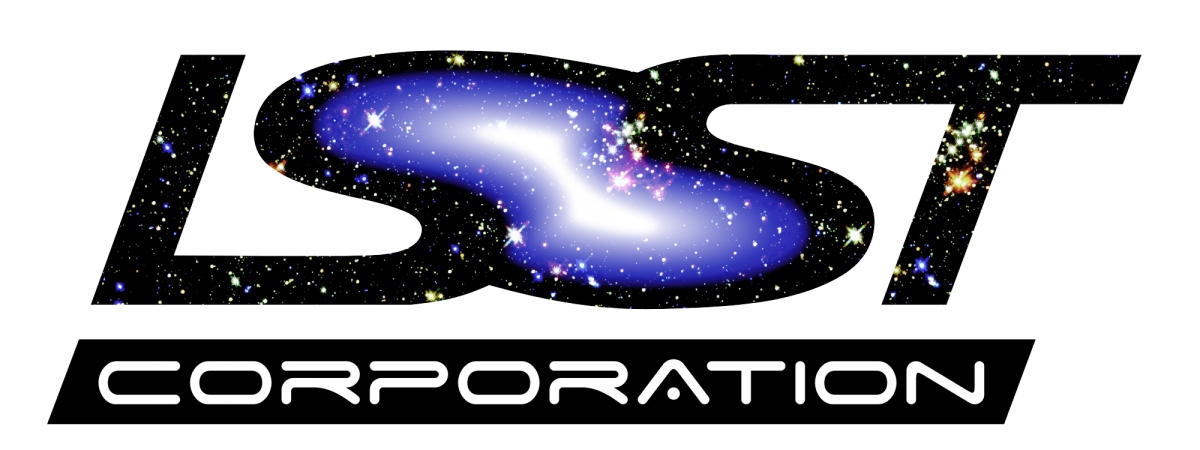Objectives
Dark matter constitutes roughly 85% of the matter density of the Universe, and represents a critical gap in our understanding of fundamental physics. Despite these extensive experimental efforts, the only robust, positive empirical measurement of dark matter continues to come from cosmological and astrophysical observations. The Rubin Observatory Legacy Survey of Space and Time (LSST) offers a unique avenue to attack the dark matter problem. Our group seeks to identify and pursue scientific avenues to utilize the Rubin Observatory LSST to help us understand the fundamental physics that governs dark matter. Specifically, we hope to identify the fundamental constituents of dark matter (e.g., new fundamental particles, fields, or compact objects) and to characterize the properties of these constituents (e.g, mass, temperature, self-interaction rate).
Products
-
Dark Matter White Paper -- One of the major efforts of the LSST dark matter group has been the preparation of a white paper detailing the fundamental probes of dark matter accessible to LSST. The latest version of the white paper can be found here.
-
Astro2020 White Paper -- We have prepared a 5-page version of the white paper for submission to Astro2020 Decadal Survey. This white paper can be accessed here.
-
Dark Matter Graphics -- The landscape of astrophysical probes is complex and interconnected. We have assembled graphical representations of the LSST dark matter parameter space. This graphic is intended to help conceptually organize the LSST dark matter program and to serve as a road map for future scientific investigations. We encourage the addition of new components through this submission form.
Workshops
The group has organized several workshops, which have been partially funded by a grant from the LSST Corporation Enabling Science Program. These workshops seek to organize the LSST dark matter community, and to coordinate efforts on the construction of a white paper on dark matter physics with LSST. Activity from previous workshop are summarized in a series of GitHub issues and tweets to #lsstdarkmatter.
- Dark Matter Science with LSST -- LSST Project and Community Workshop, Tucson, AZ August 13, 2019
- LSST Dark Matter Workshop -- KICP/University of Chicago, August 5-7, 2019
- Probing the Nature of Dark Matter with LSST -- Lawrence Livermore National Laboratory, October 29-31, 2018
- Astrophysical Probes of Dark Matter with LSST -- LSST Project and Community Workshop, Tucson, AZ August 16, 2018
- Probing the Nature of Dark Matter with LSST -- University of Pittsburgh, March 5-7, 2018
- Dark Matter Science with LSST -- LSST Project and Community Workshop, Tucson, AZ August 16, 2017
Participation
The LSST dark matter group encourages broad participation from the dark matter community, including cosmologists, astrophysicists, and particle physicists. Experimentalists, observers, and theorists are all welcome. We encourage the participantion from early career scientists and scientists with diverse backgrounds.
If you are interested in joining the LSST Dark Matter effort, please fill out this form to join our mailing list. If you are already a member of the LSST Project or Science Collaborations, you can join our effort on the LSSTC Slack at #desc-dark-matter.
Code of Conduct
The dark matter group is committed to hosting a scientific community that is productive and enjoyable for everyone. We will not tolerate harassment of participants in any form.
By joining the group you agree to:
-
Behave professionally. Harassment, and exclusionary or offensive comments or jokes related to personal attributes are not appropriate.
-
Communicate appropriately. Aim for a professional audience including people of many different backgrounds. Sexual language and imagery are not acceptable.
-
Be kind and considerate. Do not insult or put down other participants.
All participants are empowered to request that undesirable behavior be stopped. Participants asked to stop any behavior inconsistent with this code of conduct are expected to comply immediately.
If a participant engages in behavior that violates this code of conduct, the organizers may take action they deem appropriate, including warning the offender or expulsion from the group.
This code of conduct is derived from the Meeting Code of Conduct of the LSST Dark Energy Science Collaboration and the PyCon Code of Conduct.
Support
We gratefully recognize support through a grant from the LSST Corporation Enabling Science program. We are also grateful to the institutions who have hosted and supported our workshops. These institutions include: University of Pittsburgh, Lawrence Livermore National Laboratory, and University of Chicago.
